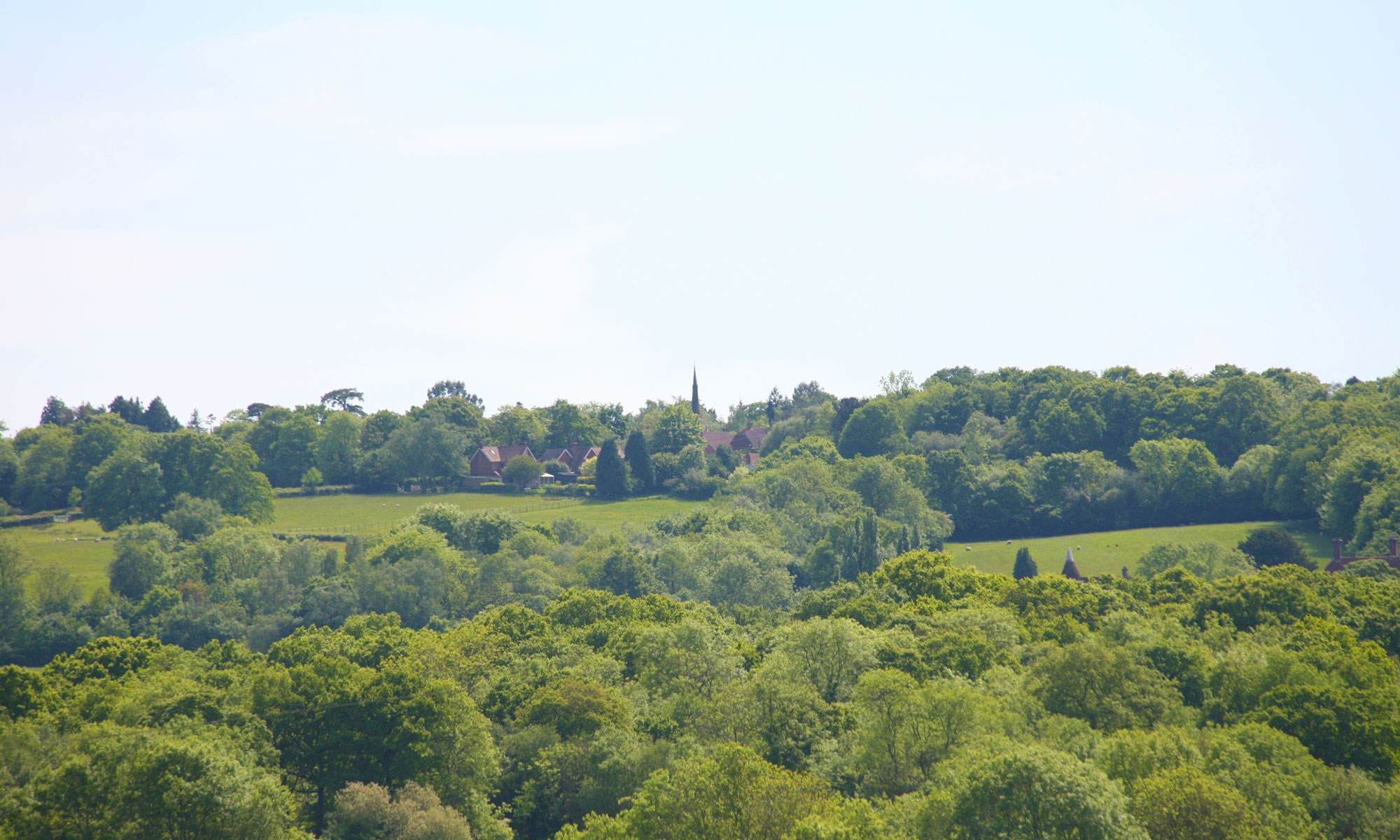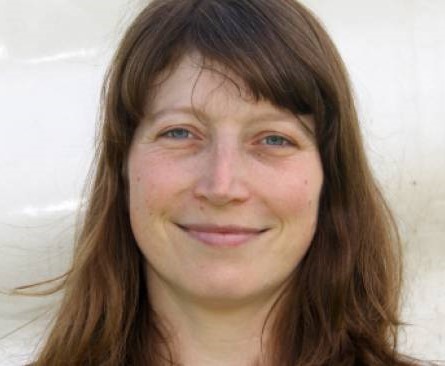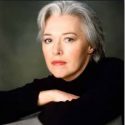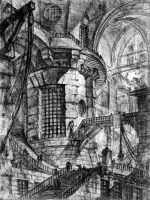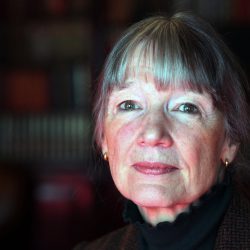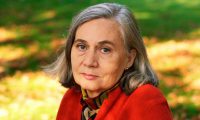 “Existence seems to me now the most remarkable thing that could ever be imagined”
“Existence seems to me now the most remarkable thing that could ever be imagined”
During this lockdown the Book Club has been reading “Gilead” by Marilyn Robinson, published in 2004 and winner of the Pulitzer Prize 2005, often on lists of best or most influential books.
I think that Barack Obama gives one of the most succinct summaries in his interview with the author for New York Review of books (2015) ‘One of my favourite characters in fiction is a pastor in Gilead , Iowa, named John Ames, who is gracious and courtly and a little bit confused about how to reconcile his faith with all the various travails that his family goes through. And I just fell in love with the book.’
It takes the form of a journal and memoir, as written in 1956 and is addressed to the narrator’s seven- year- old son. John Ames is 76, ill with angina and wishes to leave something of himself to his son. He has led a lonely life: his wife and baby daughter having died many years ago. In old age he married a young woman, a wanderer of little education but has wisdom and sensitivity. Some of the loveliest passages in the book are as Ames watches his young son and his wife together. Continue reading “‘Gilead’ by Marilyn Robinson – Book Club Review”
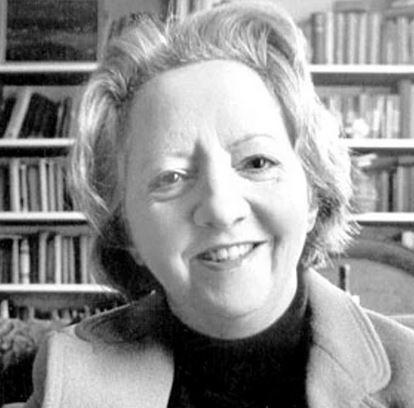 “The finest fictional record of the war produced by a British writer.”Anthony Burgess
“The finest fictional record of the war produced by a British writer.”Anthony Burgess